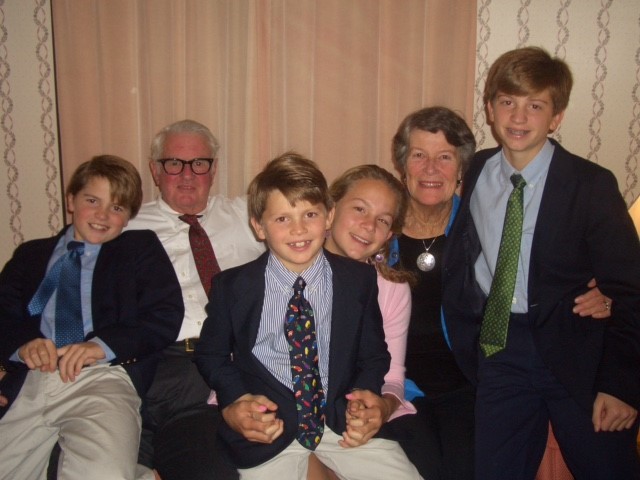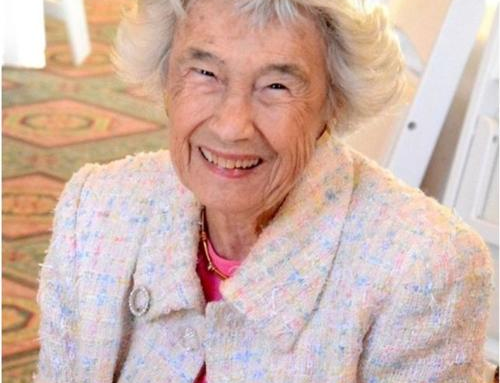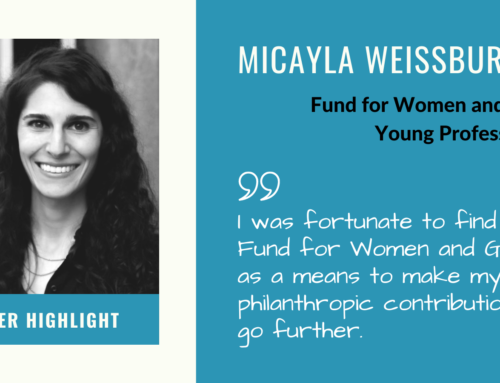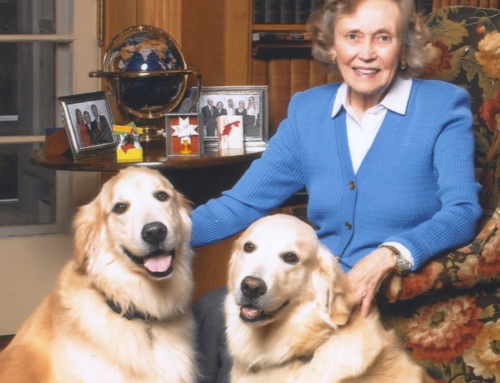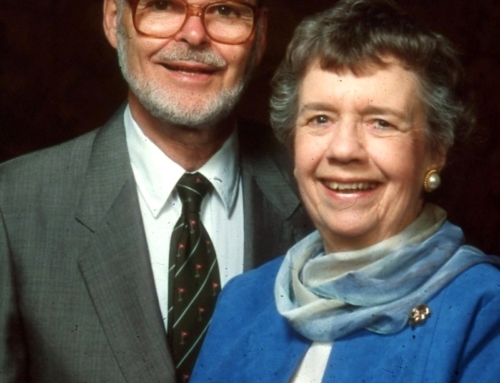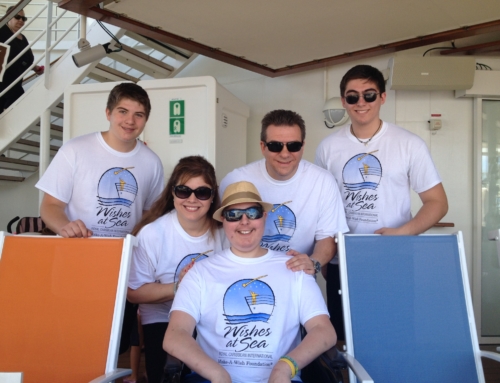As a child, John D. “Jack” Wallace learned about philanthropy from his parents. Years later, he and his wife, Happy, wanted to pass those values along to their grandchildren.
So, when their eldest grandson was about 10 years old, the Princeton couple created the Wallace-Gibson Grandchildren’s Fund at the Princeton Area Community Foundation.
The fund is just one of several ways in which Jack and Happy have used the Community Foundation to manage their philanthropy over the last 20 years.
For many years, Jack and his brother ran a private foundation that was created by their parents. “When I began handling my parents’ accounting, I said ‘this is crazy – all the time and effort,’” he recalled. “When my father died, I didn’t want my mother to have to worry about that. We just granted the whole Ellerslie Fund over to the Community Foundation.”
For convenience and cost savings, they split the foundation into two Donor Advised Funds, one for each brother. Jack, who is a Trustee at the Community Foundation, and Happy have added to their fund over the years, and they make most of their grants from it to organizations in the Greater Mercer County area. Now they don’t have to deal with the accounting and paperwork hassles associated with running the private foundation.
In memory of their son, Jack and Happy also created the John D. Wallace Jr. Memorial Fund. That fund supports causes in which their son would have had an interest, including Centurion Ministries, Trinity Counseling Services and the Stoney Brook-Millstone Watershed Association.
With a charitable IRA rollover, the couple opened a third fund, the Wallace Fund, from which annual grants are made to the University Medical Center of Princeton at Plainsboro.
Why do Jack and Happy give?
“Oh gosh, we’ve been fortunate to be successful in business, and to us it’s a natural thing to support people and causes that need encouragement,” he said. “And it’s sort of the give-back philosophy. I always remember talking with my family about various things they were supporting and why.”
Growing up, Jack remembers his father vowing to donate to Princeton University.
“He’d come from a fairly modest background in Kentucky and he came to Princeton on a full scholarship,” said Jack. “He told me one of the first things he wanted to do, when he became successful, was to repay Princeton University for the money they’d spent on his scholarship.”
His parents were also eventually able to make gifts to their church and other community organizations.
“When Happy and I settled in Princeton and started to raise our family, we supported many of the same activities,’’ he said. “It’s very important to us that we’re able to support a whole range of activities.”
With their daughter’s four children, they are also helping to fund organizations that are important to the youngest members of the family.
“It occurred to my wife and me – what better way to get our grandkids involved in philanthropy than to set up a fund that they would have responsibility for?” he said. “It’s really a ball. First of all, getting all four grandchildren in the room, going back and forth, asking questions about giving, we do get into quite a bit of discussion. It’s become our favorite fund.”
In the months leading up to the annual family meeting, the grandchildren research nonprofits, then spend the morning with Jack and Happy, discussing options.
Jack takes meticulous minutes, and the grandchildren – who are now 24, 23, 21, and 17 years old — decide where to make donations every year. Since it was established, the grandchildren have made grants totaling more than $30,000. They also set aside a reserve for emergency donations. For example, one of the grandchildren spent some time in Ecuador, so when an earthquake hit that country, they donated to relief efforts there.
At the end of each gathering, Jack and Happy review the fund agreement with their grandchildren and discuss whether to continue the annual meetings.
“The three oldest ones are out of college and will be going hither and yon,” he said. “But they want to continue, even if we have to do it by Skype.”
Katie Gibson, 23, said those discussions about philanthropy helped her and her brothers develop knowledge and awareness about nonprofits and the value of giving.
“It helps you see the world through different eyes,” she said.
She said her grandparents have always acted as a sounding board and asked clarifying questions at the family meetings. They challenged Katie and her brothers to make their own decisions about donations. At times, the siblings did not agree about which nonprofits should receive grants. Yet, they learned to work together to find middle ground, she said.
“It’s a great experience. We’ve been doing this for as long as I can remember,” said Katie, adding that the annual December meeting has become a family tradition. “We are incredibly fortunate to have this fund and its flexibility. If we see something we care about, we have the capability to donate through this fund. Exposing us to this concept of giving at such a young age was amazing.”

